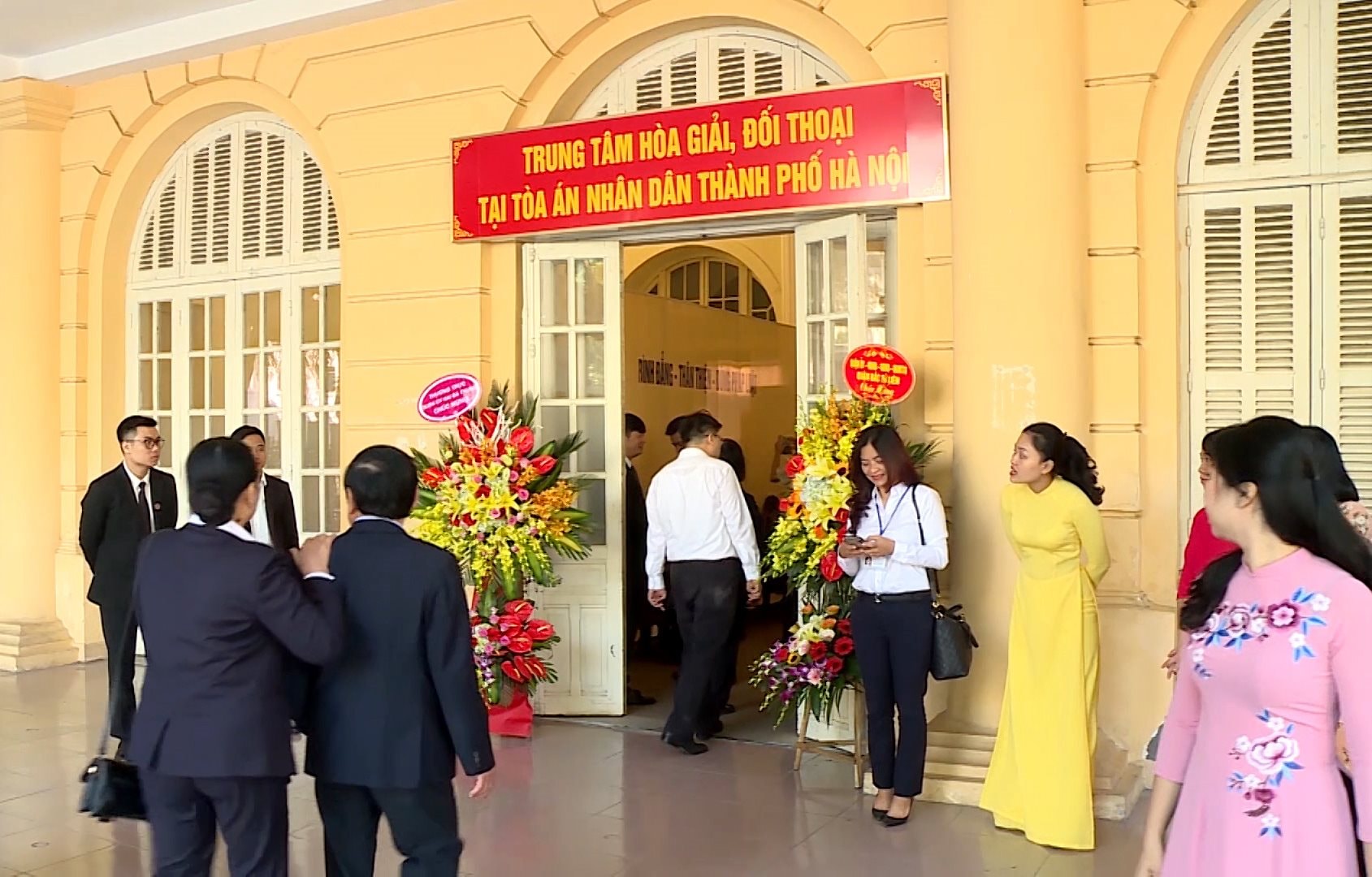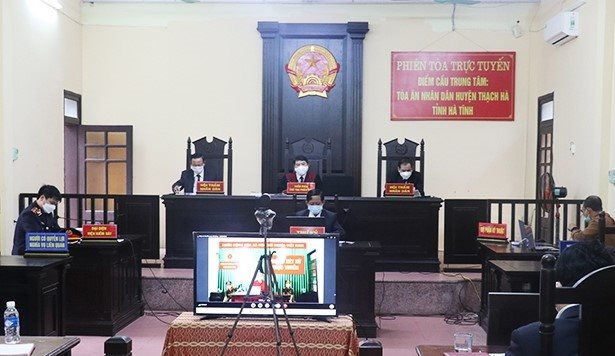What are the guidelines for assigning judges to handle cases under the Court's jurisdiction in Vietnam? - Ngoc Bang (Khanh Hoa, Vietnam)

Guidelines for assigning judges to handle cases under the Court's jurisdiction in Vietnam (Internet image)
Regarding this issue, LawNet would like to answer as follows:
1. Criteria for assigning Judges to settle cases fall under the Court's jurisdiction in Vietnam
According to Article 4 of Circular 01/2022/TT-TANDTC, the assignment of judges to settle cases must be based on the following criteria:
- The number and complexity of cases assigned to judges to settle within 01 year at each Court are similar.
- Being suitable with expertise and experience in adjudicating and dealing with that type of case. In the case of a juvenile procedure participant, assigning a judge is a person who has been trained or experienced in handling cases related to minors or has the necessary knowledge in psychology and educational science for juveniles.
- Being uitable for the position and position the Judge is currently in charge of.
- Judges in the group of full-time judges; Judges in specialized courts in any field will be assigned priority to settle cases in that field.
Judges holding leadership and management positions at the superior, provincial, and district people's courts are assigned to settle cases according to the quotas set by the Supreme People's Court.
Female judges within 3 months of taking maternity leave and within three months after the end of the maternity leave period are assigned to settle cases with a maximum quota equal to 50% of other judges.
2. Guidelines for assigning judges to handle cases under the Court's jurisdiction in Vietnam
2.1. Assigning Judges to handle the appointed judgments in Vietnam
Specifically, in Article 8 of Circular 01/2022/TT-TANDTC, the assignment of judgment settlement is applicable in the following cases:
- Assign judges to handle judgments according to first-instance or appellate procedures in one of the following cases:
+ Complicated criminal cases related to anti-corruption and anti-corruption requirements;
+ Cases related to the protection of public interests and the interests of the State; Politics, foreign affairs, security, religion, ethnic groups, people, and intellectuals have received special attention from public opinion.
+ Assigning judges to be members of the first-instance and appellate trial panels.
- Assign judges to handle cassation or reopening procedures applications in cases where the time limit for protesting under cassation or reopening procedures is less than one month as prescribed by law; or other special cases as decided by the Chief Justice of the Court.
- Assignment of judgment settlement in case of change of Judge guided in Article 11 of Circular 01/2022/TT-TANDTC.
2.2. Assigning judges to settle with random cases
The assignment of judges to random judgments shall comply with the provisions of Article 9 of Circular 01/2022/TT-TANDTC, specifically as follows:
(1) The case that is not the subject of an assignment of a designated judgment must be randomly assigned to resolve the case according to the instructions in (2) and (3).
(2) Pursuant to the List of Judges and the List of Cases as guided in Article 7 of Circular 01/2022/TT-TANDTC, at each assignment, the Chief Justice of the Court shall decide to assign the Judge to settle the case by a random method in the following order until the Case List ends:
- Judges with less number of pending cases will be assigned first;
- In case judges have the same number of cases being resolved, the judge with a higher number of temporarily suspended cases shall be assigned to the judge with a higher number of cases being temporarily suspended;
- Where judges have an equal number of cases being handled; if the number of cases being temporarily suspended for settlement is equal, they shall be assigned to the judge whose number of overdue cases is less than before;
- In case judges have the same number of cases being resolved, temporarily suspended, or overdue cases, assign the judge whose number of cases is canceled or corrected due to subjective reasons within 01 year from the date of assignment less than before;
- In case the judges have the same criteria at points b, c, d, and dd, clause 1, Article 7 of Circular 01/2022/TT-TANDTC, they shall assign the judge whose name comes first in the Vietnamese alphabet first ;
- In case a judge is assigned to handle a case under the guidance in Clause 1, Article 5 of Circular 01/2022/TT-TANDTC, he/she must assign the next case on the list of cases.
(3) The next time of assignment of judgments, based on the List of Judges that have been updated to the time of assignment of judgments, to continue assigning judgments by random method according to the instructions at (2).
2.3. Assignment of judgment in case of change of Judge in Vietnam
According to Article 11 of Circular 01/2022/TT-TANDTC, the case has been assigned by the Chief Justice of the Court, but the assigned Judge falls into the case of having to refuse to conduct the procedure or be changed; unable to continue the settlement or trial within the time limit prescribed by law for objective reasons, the chief justice of the court shall assign another judge to settle the case by appointment method.
Tran Thanh Rin
- Key word:
- Court
- judge in Vietnam
 Article table of contents
Article table of contents










.Medium.png)
.Medium.png)
.Medium.png)
.Medium.png)
